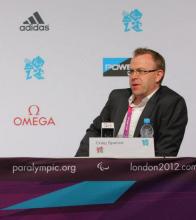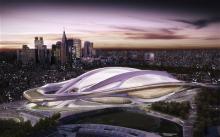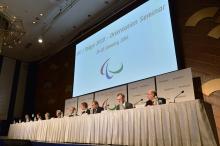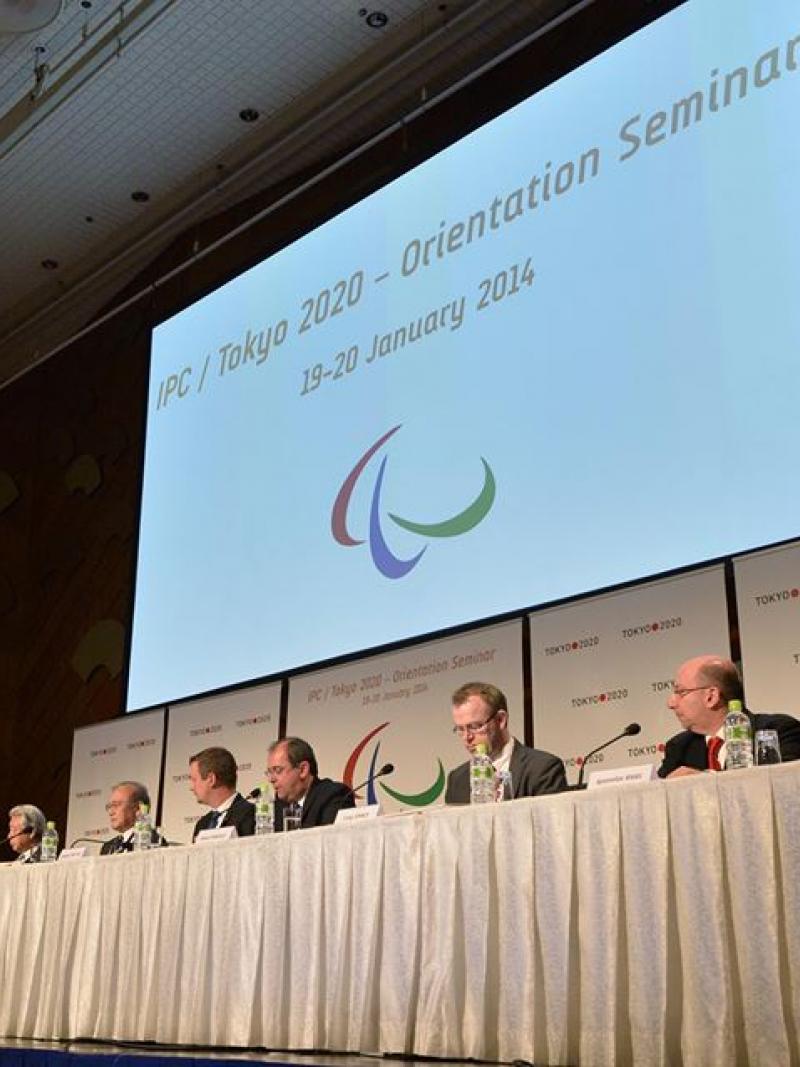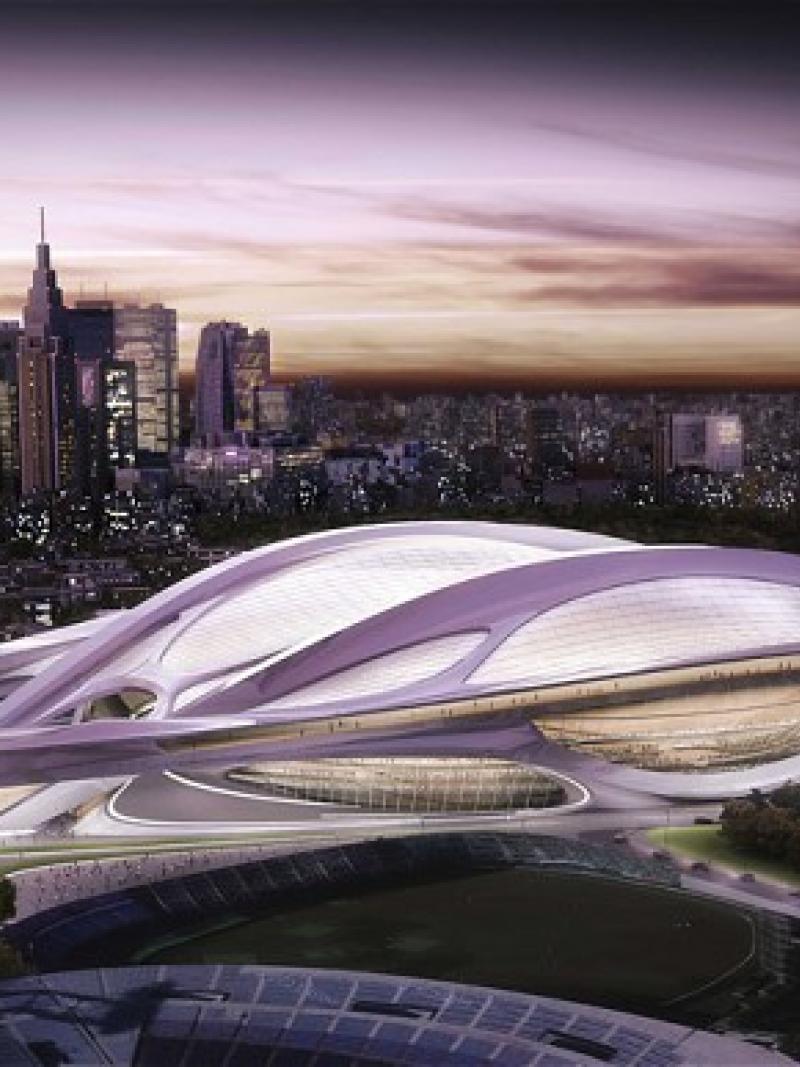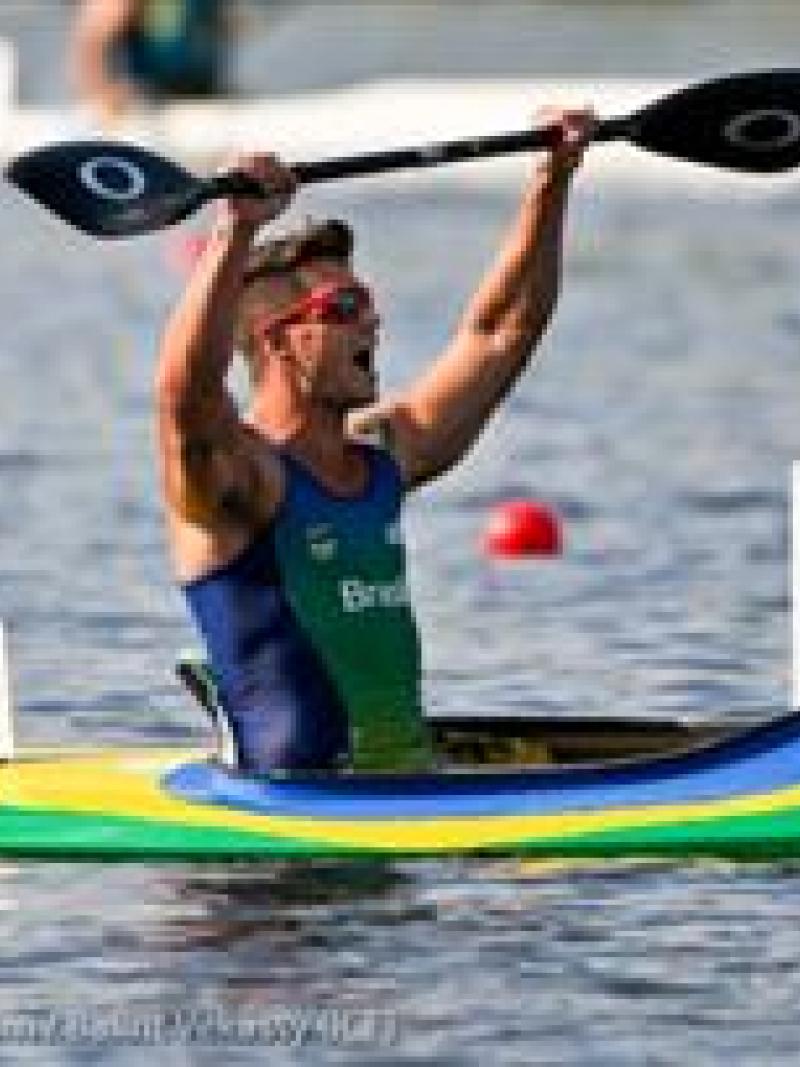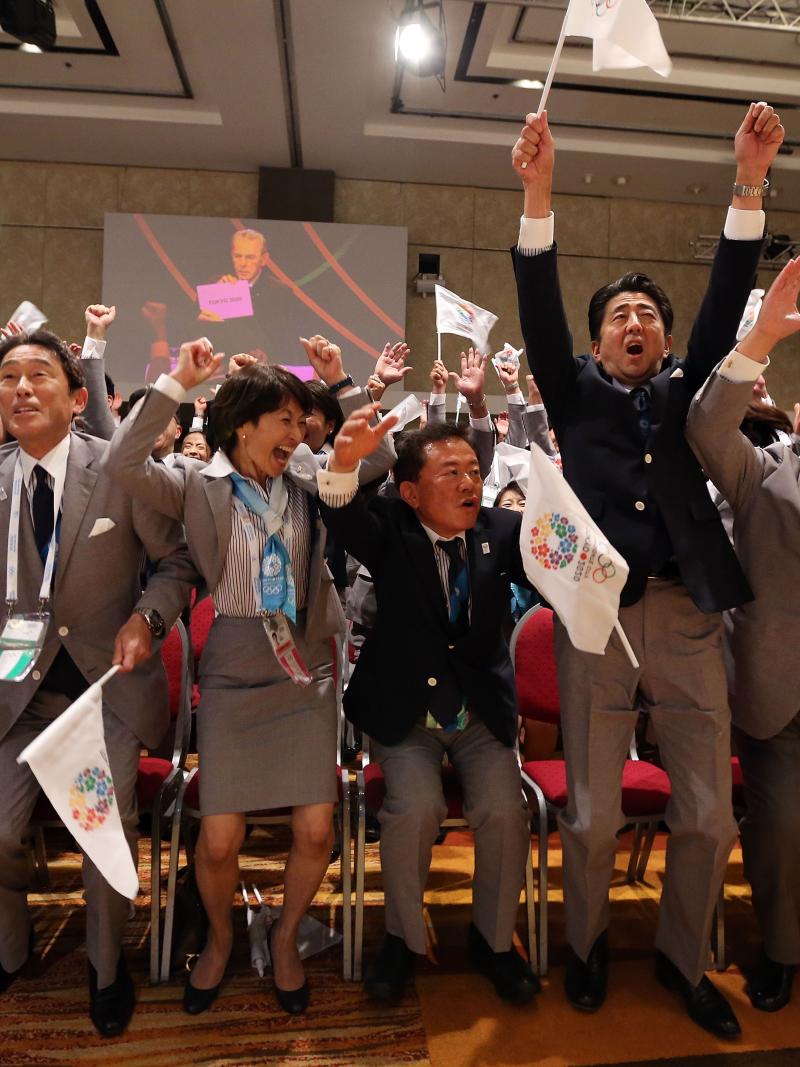Craig Spence: Tokyo 2020 will be the best ever – fact!
Find out why the IPC's Director of Media and Communications is so much looking forward to 2020. 22 Jan 2014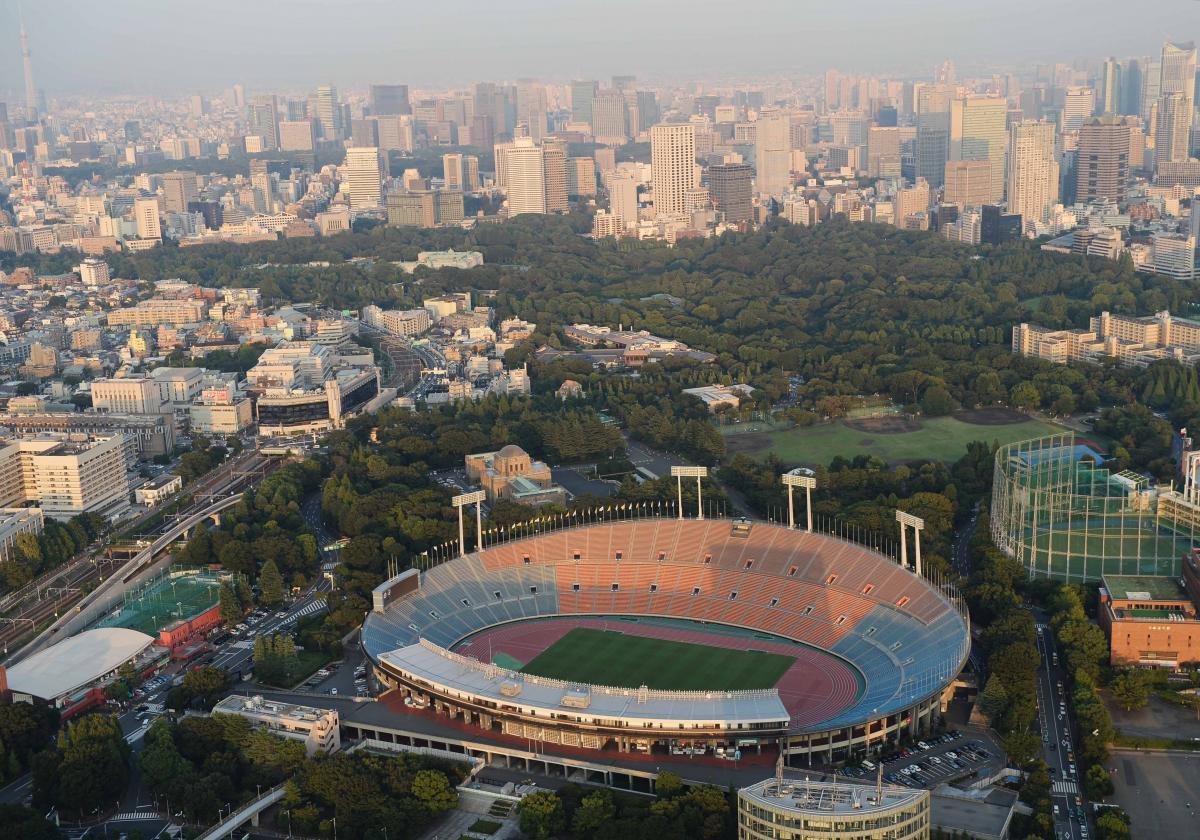
An aerial of Tokyo, host city of the 2020 Paralympic Games.
"Tokyo appears determined to deliver a superbly organised event, one that will take place in spectacular venues and showcase the Paralympic Movement at its very best to the world."
Having just got back from three days in Tokyo after meeting members of the soon to formed Tokyo 2020 Organising Committee, I can confidently predict that the Japanese capital will stage the best ever Paralympic Games in 2020.
In all my time working at the IPC, I have never come across a group of people so enthusiastic and eager to learn about the Paralympic Movement or deliver a spectacular Games, as I did when in the city to help deliver the IPC Tokyo 2020 Paralympic Orientation Seminar.
Potentially motivated by failed bids in 1988, 2008 and 2016, Tokyo appears determined to deliver a superbly organised event, one that will take place in spectacular venues and showcase the Paralympic Movement at its very best to the world.
It was my first time in Tokyo, and for those who have never been, I can only describe it as the city you draw as a school kid when your teacher asks you to picture how the city of the future will look.
With spectacular glass high-rise buildings dominating spotlessly clean streets, bright neon lights, historical heritage sites, and a network of super-efficient highways that thread and cross their way through the city at great height, Tokyo would not look out of place on the Jetsons (a great kids’ cartoon series for those who have never seen it! Click here for an example). Whereas the Jetsons moved around by a flying car, Tokyo residents have the choice of various transport systems to go about their daily business including an excellent rail and metro network that already links many of the competition venues that will be used in 2020.
Overlooking the city is the stunning Mount Fuji – Japan’s highest mountain – which, despite being 100 kilometres away to the south west, can be seen perfectly in all its majestic beauty on a clear day, which locals assured me are aplenty during the chilly winter months.
Tokyo 2020’s venues will be a mixture of permanent and temporary buildings. Ninety-five per cent of them will be located within eight kilometres of the Athletes’ Village, which itself will provide athletes with stunning views of the 800m long Rainbow Bridge that crosses northern Tokyo Bay and acts as a gateway to the city.
The centrepiece of the venues, and a place that will rightly grab all the global headlines when built, will be the spectacular and futuristic looking new national stadium. It will accommodate 80,000 spectators and will stage the Opening and Closing Ceremonies, together with the track and field competition. It will host the 2019 Rugby World Cup final, the perfect test event one year out from the start of the Games.
Designed by Zaha Hadid, the same person who designed the London 2012 Aquatics Centre, the national stadium will replace the current 54,000 capacity stadium built for the 1964 Olympic and Paralympic Games.
For all Games one of the biggest questions is legacy and how the venues will be used afterwards. Whilst taking in a visit to the national stadium during my stay in Tokyo, it was striking to see the stadium still being put to great use and that it still looked as impressive as the day it opened in 1958.
Equally as impressive during the venue tour provided by organisers was seeing the number of people practicing sport. Japan is clearly a country that loves its sport, and with six years to prepare for 2020, I am sure that Japan will finish a lot higher in the Paralympic medals table on home soil than the 24th position they finished at London 2012.
One of Tokyo 2020’s biggest challenges with the Paralympics will be with the media. This is not because of a lack of coverage. Far from it. Japanese media are one of the world’s most proactive at covering the Paralympics, a fact recently highlighted by the IPC’s new four year broadcast agreement with national broadcaster NHK.
The problem lies in how the media report, position and portray Paralympic sport and para-athletes. Whereas the British media now reports para-sport, like any other sport – high performance and featuring world class or superhuman (as Channel 4 described them) athletes – Japan’s media still focus more on how the athletes have overcome their impairment and adversity rather than the fact that they full-time elite athletes, pushing their bodies to the absolute limits to deliver world-class sport.
The huge positive though is that there is a strong foundation of regular coverage from which to build from. Over the next six years, the Organising Committee, National Paralympic Committee, IPC, marketing and governmental partners will all be working together to help change how para-sport and athletes are positioned in the media.
Whereas coverage now is predominantly based on making the reader or viewer feel pity for an athlete, by 2020 the aspiration is that the emotion of all viewers, readers and listeners following the Games is “Wow, did I really just see an athlete do that?”
Overall, the great news for the Paralympic Movement is that cities keep raising the bar in terms of delivering the summer Games, whilst at the same time there still remains so much untapped growth potential.
Few thought Beijing 2008 would ever be bettered, but London raised the stakes further in all areas when the Games returned to their spiritual birthplace in 2012. In 2016, I expect Rio to do the same and improve the Games experience further. With a TV deal already in place with NBC to cater for US viewers, the Rio 2016 organising committee has already improved in an area that was sadly lacking in 2012.
By 2020, the question will be whether Tokyo can surpass the best ever Games in Rio.
On the evidence of what I saw over the weekend, seeing the steely determination, passion and hunger of the organising committee to succeed, then the overwhelming answer is “Yes!!”
Craig Spence
IPC Director of Media and Comunications
You can follow him on Twitter @craigspence
 Facebook
Facebook
 Instagram
Instagram
 Twitter
Twitter
 Youtube
Youtube

